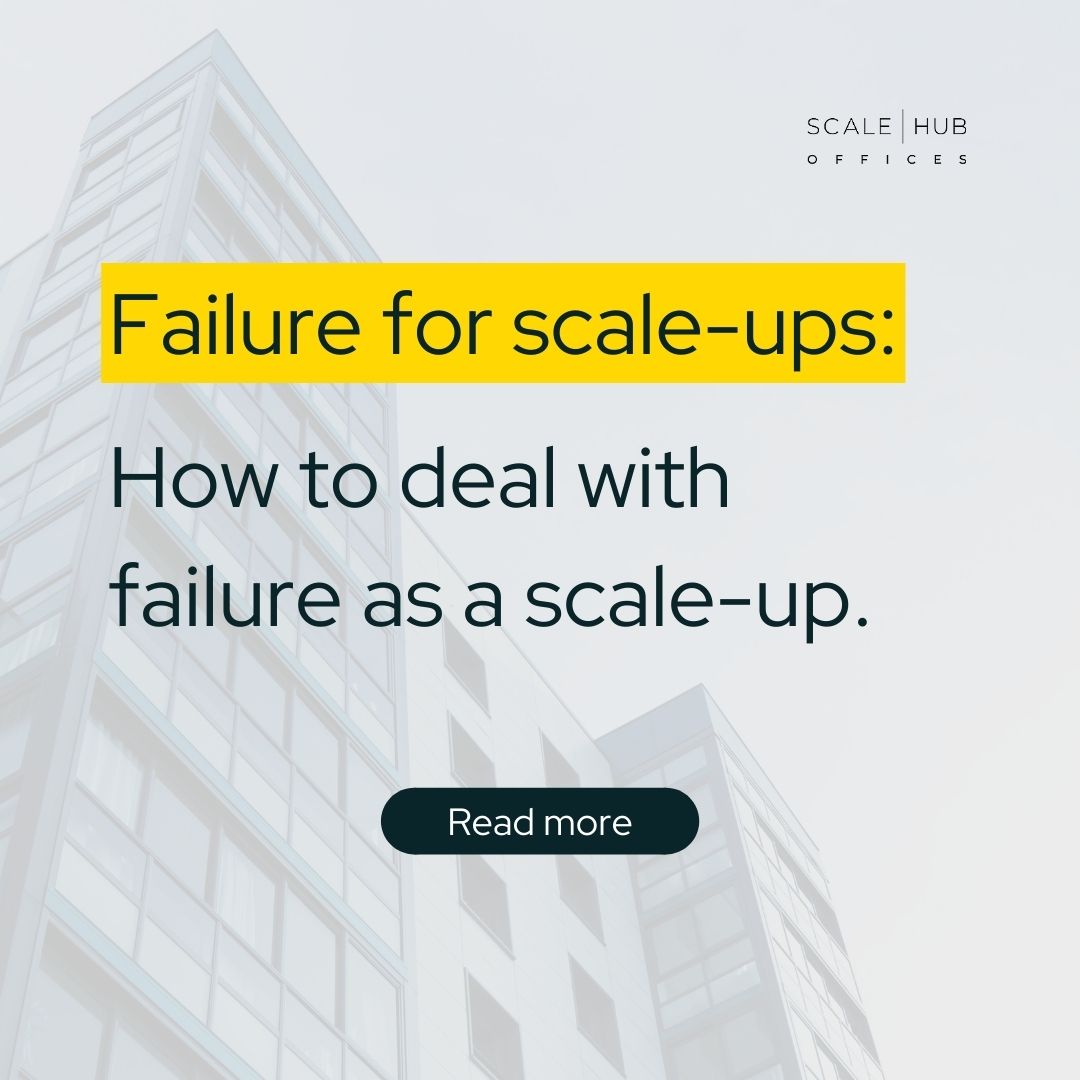
The list of inspirational quotes to help us deal with failure is endless. And no wonder: we are really bad at dealing with failure. We actually need reminders to tell us it’s ok to fail. And although using quotes has lost a bit – maybe a lot – of its cool, thanks to all the white clouds-calm sea-sun setting-backdrops that go along with them, we do want to get you all in the right mood with a nice set of quotes on failure:
“Only those who dare to fail greatly can ever achieve greatly.” — Robert F. Kennedy
“Failure is not the opposite of success, it’s part of success.” — Arianna Huffington
“I’d rather be partly great than entirely useless.” — Neal Shusterman
“When we give ourselves permission to fail, we, at the same time, give ourselves permission to excel.” — Eloise Ristad
“Never confuse a single defeat with a final defeat.” — F. Scott Fitzgerald
Admit it, 5 truth bombs right there, because we know we are not using our full potential and possibilities, for fear of making mistakes or of failing altogether. Both true on a personal level and in our work: we should get better at failing, and get better at it together.
If we believe Amy C. Edmondson (iNovartis Professor of Leadership and Management at Harvard Business School – credible title we thought), many executives still believe that all failure is bad and that learning from it should be pretty straightforward. Only it’s not. The blame game gets in the way and employees don’t feel safe admitting or reporting on failure. Fun fact: failure is inevitable in today’s complex work organizations. Strong leadership – fortunately – can build a learning culture. One where employees feel safe to experiment and fail, and where “failures” (large and small) are consistently reported and thoroughly analyzed. Edmondson: “Those that catch, correct, and learn from failure before others do will succeed”.
Dealing with failure as a scale-up
Well then, is failing also the best way to learn for a scale-up? And is dealing with failure different for anyone working in a scale-up?
Learning the hard way does seem inevitable when working in scale-ups:
- Not all of your creative ideas will be developed into working products.
- Not all of your prospective clients will sign a contract.
- Not all of your negotiations with investors will result in attracting capital.
And although this may be true for all businesses, not everyone has as much to lose. At scale-ups, failure comes at a real cost. You may lose momentum, you may disappoint customers that can then give you a bad rap, investors may lose faith, all of which you can’t afford.
So what if you fail?
Before you immerse yourself in even more quotes on the importance of failure, try and contain the damage. If things fail, or you are starting to recognize things are turning into a failure: stop what you are doing. Honestly and openly communicate it to all parties involved and trust that they will be familiar with all the quotes on the importance of failure too.
Together analyze what and where it went wrong. Ask others for their feedback and analyze it with the team. Then go from there: what can be repaired? Are we still on the same mission? What have we learned? How can we use this knowledge to move forward and not make the same mistakes? Can we use our new motivation to get it right this time around? And can we even use what we’ve learned to get ahead?
If you handle things the right way – not running away from your failure – you may get the opportunity to start fresh.
So does this mean that failure is the way to keep getting better? Well it’s one way, not necessarily the way.
Innovation versus mastery: two ways to fail
Making mistakes is both a good way to learn and to fail, but making mistakes is not the only way to fail. If you focus too much on doing things right, you may lose sight of your innovation and your scale-up will still fail to survive. You need to keep innovating your product and business to keep triggering your audience, to keep progressing and stay ahead of the competition. Innovation is an experimental journey, mastery on the other hand can largely be adopted from best practices and latest insight developed by others. So failing by wanting to master your business seems to be a scenario you can avert. How? Get training, reach out to your network, find experts and do research to find out what is useful to your business model and industry. You don’t have to reinvent the wheel and find all the answers yourself to run a scale-up; use that time and energy to create a better product or expand your service.
Get out there!
Failing may make us want to run and hide, when what we should do is get out there: to face the truth and start fresh, to find better answers, to seize opportunities by chance-meeting the right people, by stumbling upon the right information, by gathering input, ideas and insights to be able to connect the dots and to be ready when the time is right.
One last quote, because we can’t help ourselves:
“Giving up is the only sure way to fail.” – thank you Gena Showalter.



